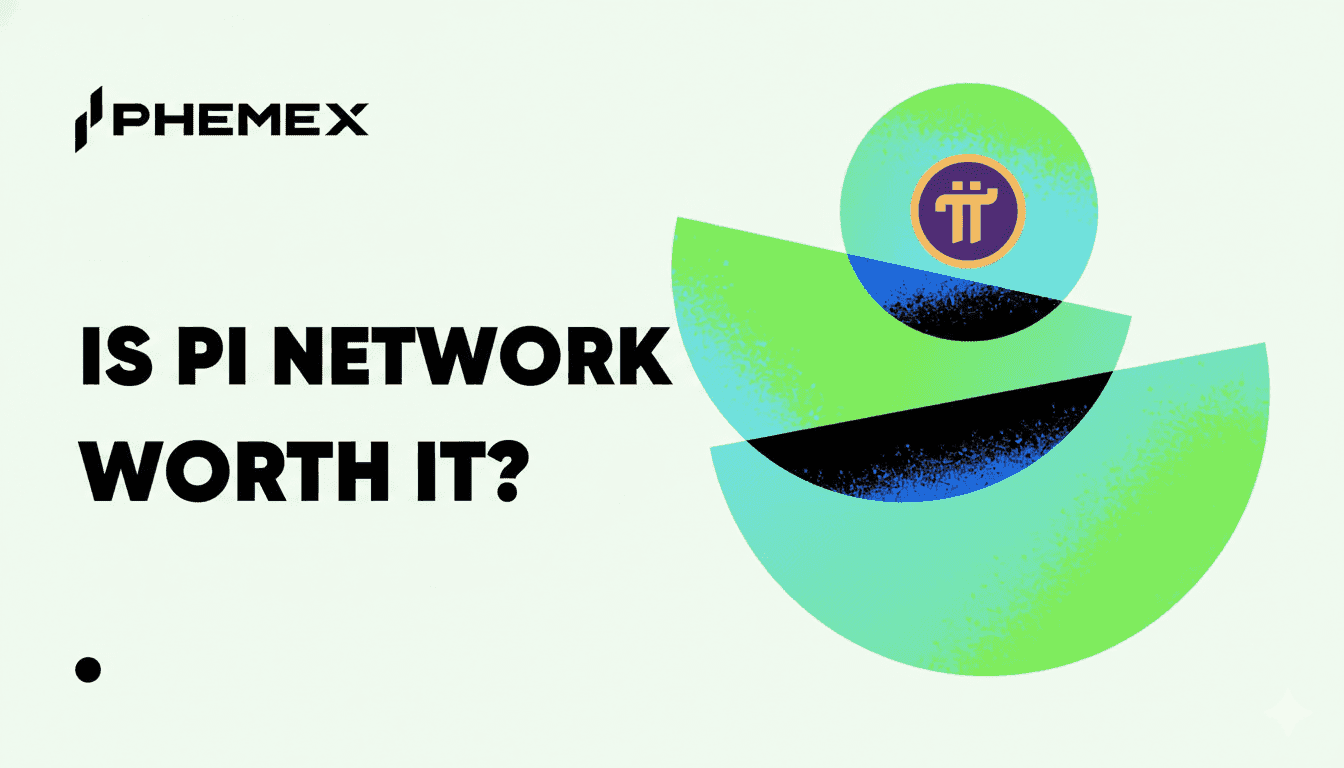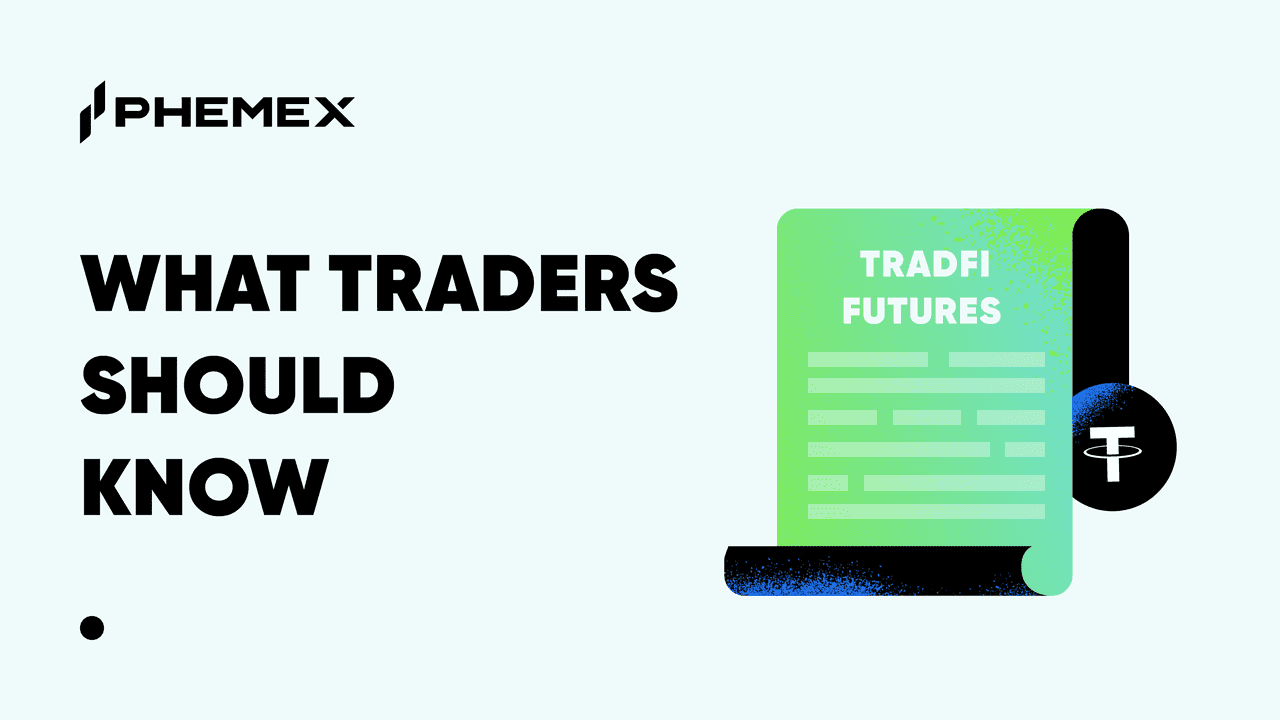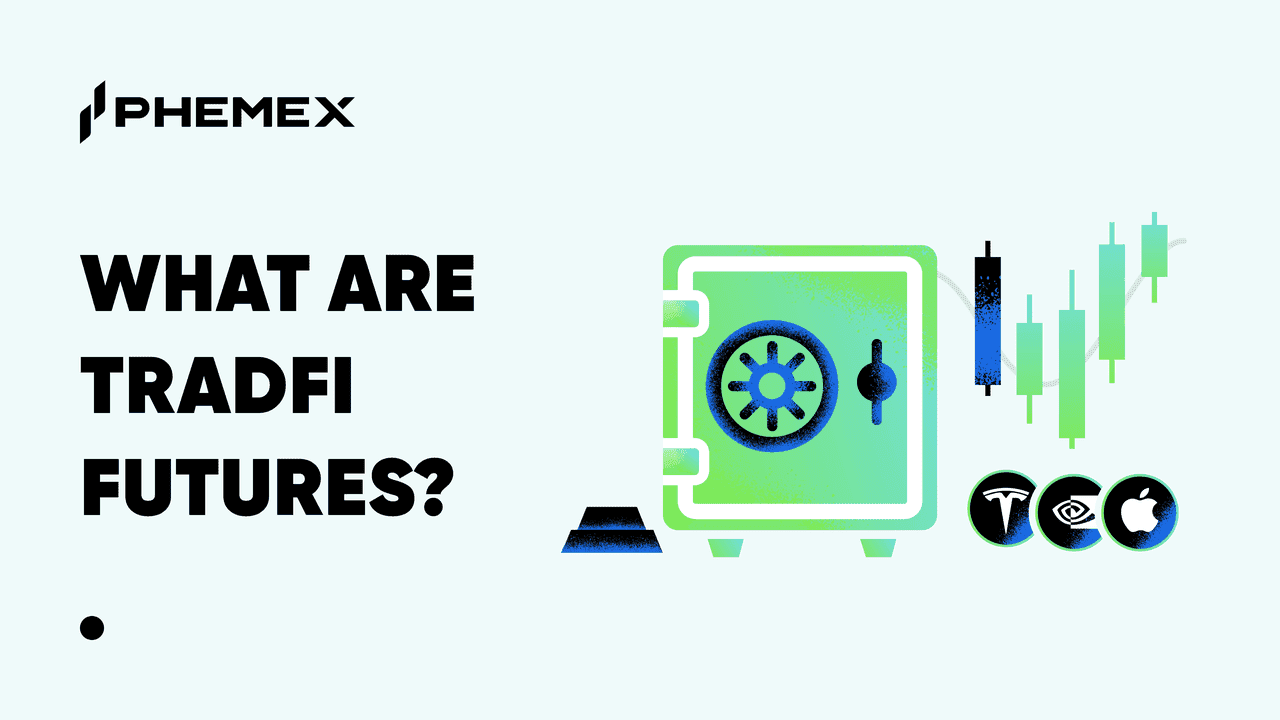Summary
- An alternative trading system (ATS) is a trading platform that is less strictly monitored and regulated than a typical stock exchange.
- These platforms are often used by institutions and large investors to trade illiquid securities in large volumes
- A cryptocurrency ATS works similarly to any other ATS, but with digital assets instead of stocks or other securities.

What is an Alternative Trading System?
An alternative trading system (ATS) is a trading platform that matches buyers and sellers without going through the formalities of a stock exchange, nor does it observe the same rules and regulations that apply to those on platforms approved by the U.S. Securities and Exchange Commission (SEC).
These platforms are often used by institutions and large investors to trade illiquid securities in large volumes, without affecting the price of the stocks or securities on the general market.
While some cryptocurrency exchanges started out as unregistered exchanges or broker-dealers, the SEC has, in the past few years, made it a mandatory requirement for platforms that list tokens to either register as a national securities exchange or function under an exemption. As a result, many exchanges have found the idea of an alternative trading system to be an attractive option.

3 Types of Alternative Trading Systems
There are three popular types of alternative trading systems:
1 Electronic communication networks (ECNs)
ECNs are computer-based systems that match buy and sell orders for securities not listed on a formal exchange. These systems allow traders to trade directly with each other without going through an intermediary.
ECNs also provide market information to their participants, such as prices and order sizes. Most ECNs charge fees for their services on a per-trade basis which can quickly add up. However, ECN participants can also trade outside typical stock exchange trading hours, which allows for increased flexibility.
2 Dark pools
Dark pools are private alternative trading systems that are not accessible to the general public. These systems are often used by large institutional investors to trade large blocks of shares without revealing their intentions to the market but are used primarily as a tool to prevent other investors from purchasing ahead of time.
Dark pools are typically used by large institutional investors because they can trade large blocks of shares without moving the market. However, this also means that there is less price discovery on dark pools than on other types of alternative trading systems.
3 Broker-dealer crossing networks
Broker-dealer crossing networks are alternative trading systems that match buy and sell orders from registered broker-dealers. These systems are used to trade securities that are not listed on a formal exchange. Broker-dealers are required to disclose their order information to the crossing network, which then matches the orders and executes the trade.
Alternative Trading System vs Dark Pool
The main difference between an alternative trading system and a dark pool is that alternative trading systems are open to the general public and provide market information to their participants, while dark pools are private. In addition, alternative trading systems charge fees for their services, while dark pools do not.
Alternative Trading System vs Exchange
While cryptocurrency exchanges are similar to alternative trading systems, there are some key differences.
- SEC registration: Alternative trading systems must be registered with the SEC if they want to trade securities that are not listed on a national exchange. In the past, cryptocurrency exchanges were not required to register with the SEC. However, ATS cryptocurrency exchanges are now mandated to register as broker-dealers.
- Order volume: Another key difference is that alternative trading systems often deal in large blocks of shares, while cryptocurrency exchanges typically deal in smaller amounts. This is because the vast majority of alternative trading systems are used by institutional investors, while cryptocurrency exchanges are used by a mix of retail and institutional investors.
- Fees: While an ATS typically charges a fee for using the platform, cryptocurrency exchanges often only charge transaction fees, which are typically much lower than that charged by an ATS.
- Pricing model: Cryptocurrency exchanges typically use a different pricing model than alternative trading systems. Exchanges usually charge a maker’s fee and a taker’s fee, while alternative trading systems typically only charge a taker’s fee. The maker’s fee is charged to the party that makes an order that is not immediately matched with another order. The taker’s fee is charged to the party that makes an order that is immediately matched with another order.

Cryptocurrency Alternative Trading Systems
Some cryptocurrency exchanges can be considered alternative trading systems. These platforms are used to trade digital assets that are not listed on a formal exchange and have successfully registered with other financial regulatory bodies. Here are some cryptocurrency ATS on the market today:
- tZero: A blockchain-based alternative trading system that was developed by Overstock.com, the tZero platform was launched in early 2018 for the trading of security tokens. tZero is regulated by the SEC and is compliant with US federal securities laws. It has partnered with BOX Digital Markets to launch a joint venture called BOX Security Token Exchange for the trading of security tokens.
- AirSwap: A decentralized exchange built on the Ethereum blockchain, it was designed to trade ERC-20 tokens and is not regulated by the SEC but is compliant with US federal securities laws. AirSwap has partnerships with a number of companies, including Genesis Block, ConsenSys, and MakerDAO.
- Templum: An alternative trading system that allows for the tokenization of securities. The platform is designed for both retail and institutional investors. It is registered with the SEC as a broker-dealer and is a member of FINRA.
- Prometheum: Currently regulated both by the SEC and FINRA as a broker-dealer, the Prometheum ATS operates as an exchange under the regulatory umbrella of the SEC and FINRA and trades several digital assets, including blockchain security tokens.
How Do Alternative Trading System Crypto Exchanges Work?
The basic principle behind all crypto exchanges is the same: buyers and sellers trade digital assets in exchange for other digital assets or fiat currencies. However, the method of execution of these trades can vary from exchange to exchange.
Order books
The most common way that trades are executed on crypto exchanges is through an order book. An order book is a list of all the buy and sell orders that have been placed on the exchange. The orders are matched according to price, with the highest buy order being matched with the lowest sell order. If there is a match, the trade will be executed, and the two parties will receive confirmation of the trade.
Peer-to-peer network
Another way that crypto exchanges can execute trades is through a peer-to-peer network. In a peer-to-peer network, buyers and sellers trade directly with each other. The exchange simply provides the platform for the trade to take place and is not involved in the actual execution of the trade.
Hybrid model
Some exchanges use a hybrid model, which is a combination of the order book and peer-to-peer model. In this model, trades are first executed against the order book. If there is no match, the trade is then routed to the peer-to-peer network.
How to Trade on a Crypto Alternative Trading System
The process of using a crypto ATS is similar to the process of trading on a traditional stock exchange.
- The first step is to find a suitable exchange. There are a number of factors to consider when choosing an exchange, including the type of asset you want to trade, the fees charged by the exchange, and the level of security and liquidity.
- Once you have chosen an exchange, you will need to create an account and deposit funds. Once your account is funded, you can start placing orders.
- Most exchanges will allow you to place limit orders and market orders. A limit order is an order to buy or sell an asset at a specified price. A market order is an order to buy or sell an asset at the best available price.
- Once your order has been placed, it will be matched with another order. After the trade has been executed, you will then receive confirmation of the trade.

Conclusion
Alternative trading systems are a type of exchange that allows traders to buy and sell assets without going through a traditional stock exchange. A crypto ATS is regulated by the SEC, typically used by institutional investors.
While the process of ATS trading on a crypto exchange is similar to the process of trading on a traditional stock exchange, there are some important differences to be aware of. These include the type of assets traded, the pricing model used, and the level of security and liquidity.
Before you start ATS trading on a crypto exchange, it is important to do your research and choose an exchange that is right for you.
Read More
- What Are Alternative Investments: Broadening Your Investment Options
- Algorithmic trading and AI trading in Crypto: Are they profitable?
- What is High-Frequency Trading and How does HFT work?
- What is a Bitcoin ETF?
- Crypto Trading vs. Investing: Key Differences Explained
- What Is Quantitative Trading: A Beginner Guide
- What are ETFs & How do they Work?
- What is Social Trading in Crypto & How does it Work?







